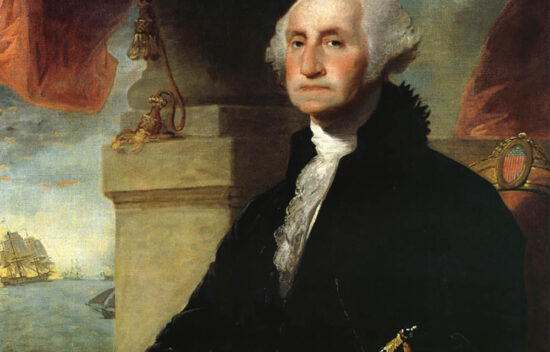
George Washington’s Finest Hour: The Newburgh Conspiracy and Identity
45 minWalk-In-The-Shoes Questions
As you read, imagine you are the protagonist.
- What challenges are you facing?
- What fears or concerns might you have?
- What may prevent you from acting in the way you ought?
Observation Questions
- What was the likelihood of the soldiers in the American Continental Army being paid regularly and how did they feel about that? Why did the Continental Congress have insufficient funds to pay the soldiers?
- When Lewis Nicola encouraged Washington to overthrow Congress and become king, Washington replied, “You could not have found a person to whom your schemes are more disagreeable.” What did this response reveal about Washington’s opinion of the kind of leader the country needed at that time in order to preserve life, liberty, and the pursuit of happiness?
- In what ways did George Washington have unique opportunities to contribute to liberty for others?
- How did George Washington prove his commitment to use his liberty to ensure the rights of others?
Discussion Questions
Discuss the following questions with your students.
- What is the historical context of the narrative?
- What historical circumstances presented a challenge to the protagonist?
- How and why did the individual exhibit a moral and/or civic virtue in facing and overcoming the challenge?
- How did the exercise of the virtue benefit civil society?
- How might exercise of the virtue benefit the protagonist?
- What might the exercise of the virtue cost the protagonist?
- Would you react the same under similar circumstances? Why or why not?
- How can you act similarly in your own life? What obstacles must you overcome in order to do so?
- Students will understand how George Washington’s identity resulted in lasting benefits for the nation he helped create.
- Students will analyze their own goals and ambitions to determine how identity contributes to achievement of worthy goals.
- Students identify a situation in which a flawed sense of identity resulted in failure to meet some personal or group goal.